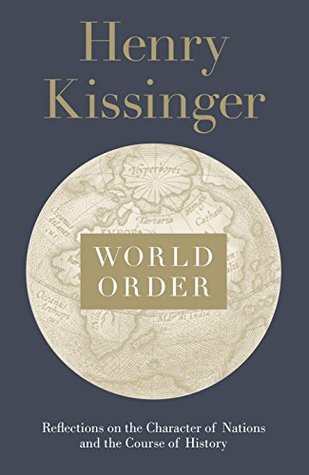More on this book
Community
Kindle Notes & Highlights
Started reading
May 5, 2019
For Metternich, the national interest of Austria was a metaphor for the overall interest of Europe—how to hold together many races and peoples and languages in a structure at once respectful of diversity and of a common heritage, faith, and custom. In that perspective, Austria’s historic role was to vindicate the pluralism and, hence, the peace of Europe.
Having abandoned the principles of the Westphalian settlement and reluctant to exercise the force required to vindicate its proclaimed moral alternative, Europe was now consumed by another war that, at its end, brought with it once more the need to recast the European order.
the United States, if separated from Europe in politics, economics, and defense, would become geopolitically an island off the shores of Eurasia, and Europe itself could turn into an appendage to the reaches of Asia and the Middle East.
Redemption will come through the fulfillment of a preassigned duty, paired with a recognition that its outward manifestations are illusory because “the impermanent has no reality; reality lies in the eternal.”
...similar to the thesis of protestant ethics (Max Weber): redemption will come by practically doing good, and not for ourselves at first place. However, this is contrary to Christian values where redemption will be served by God, by following his rituals, which is less practical.
Wise statesmanship must try to find that balance. For outside it, disaster beckons.


